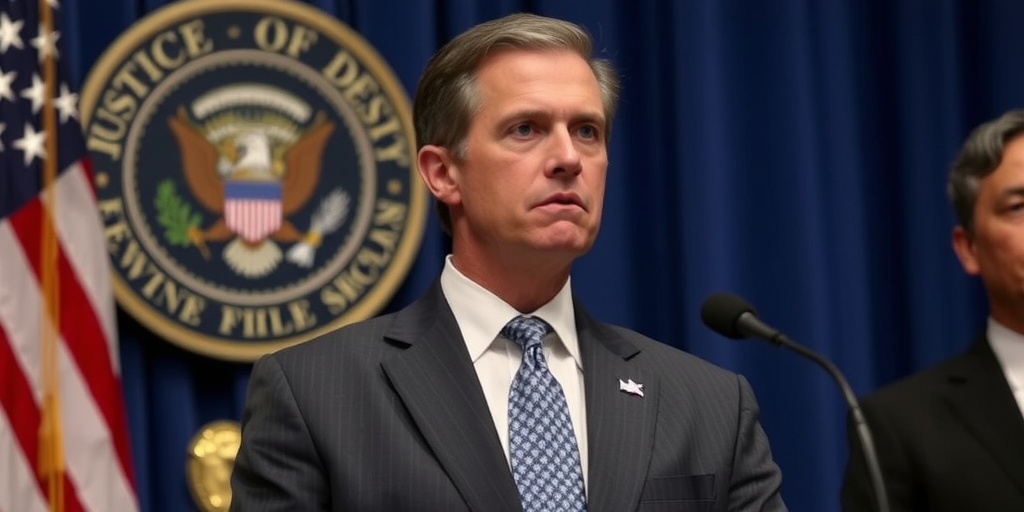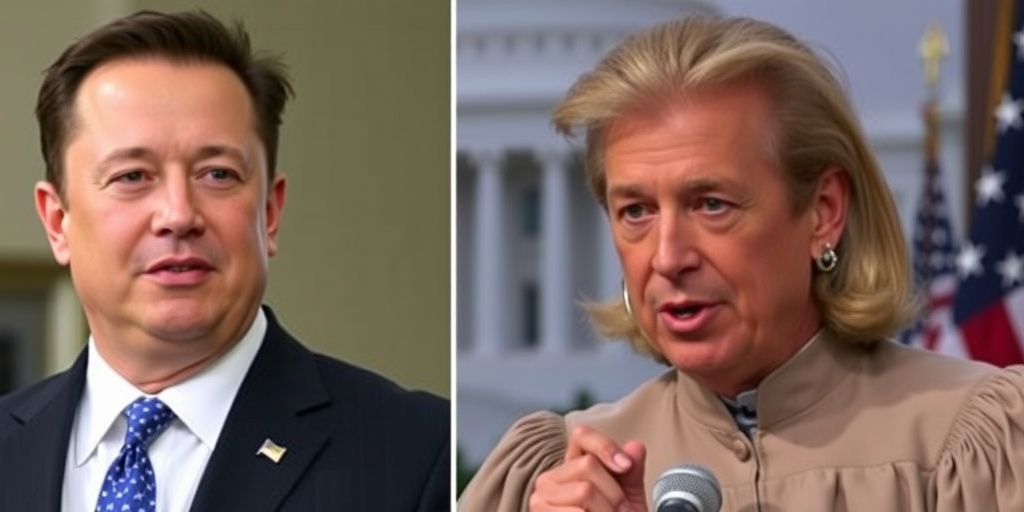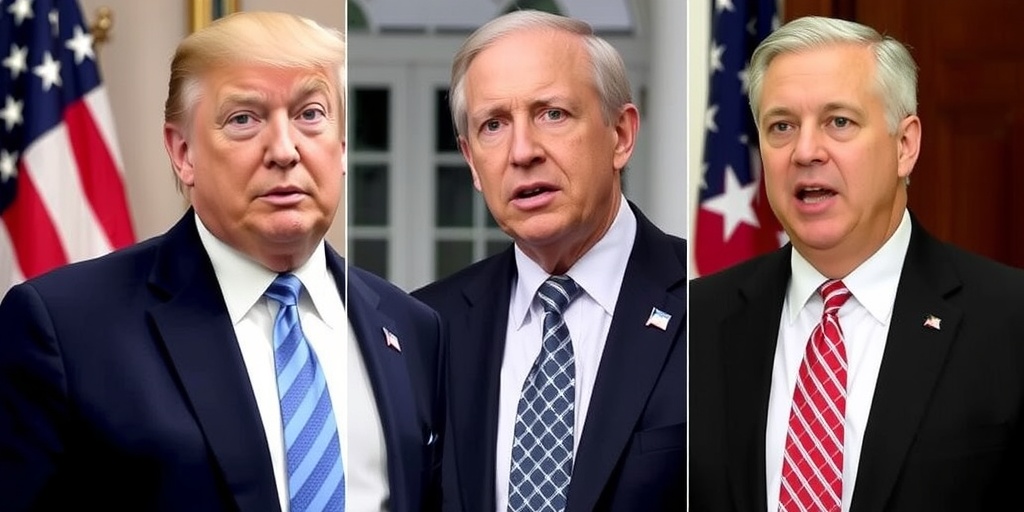Now Reading: Justice Dept. Claims Executive Privilege to Silence Dismissed Pardon Attorney
-
01
Justice Dept. Claims Executive Privilege to Silence Dismissed Pardon Attorney
Justice Dept. Claims Executive Privilege to Silence Dismissed Pardon Attorney

Justice Department Faces Backlash Over Attempt to Block Former Lawyer’s Congressional Testimony on Mel Gibson’s Gun Rights
In a significant development, senior officials at the Justice Department are attempting to invoke executive privilege to prevent a former attorney from testifying before Congress regarding a contentious issue related to the restoration of gun rights for actor Mel Gibson, known for his support of President Trump. This unfolding situation raises questions about transparency and whistleblower protections within the Department of Justice (DOJ).
On Monday, Elizabeth G. Oyer, the former pardon attorney for the Justice Department, is scheduled to testify about her disagreements with DOJ supervisors concerning the potential reinstatement of Gibson’s firearms rights. Gibson, who has a misdemeanor domestic violence conviction, has been caught in the crossfire of political and legal tensions revolving around gun ownership and the influence of celebrity.
A letter from a lawyer in the office of Todd Blanche, the deputy attorney general, has reportedly warned Oyer that she is “not authorized to disclose” any records related to the matter to congressional lawmakers. This communication has raised alarms about the DOJ’s handling of the situation, with Oyer’s legal representative accusing the department of attempting to intimidate a whistleblower on the eve of a congressional hearing.
The tension escalated when Oyer learned that deputy U.S. Marshals had been dispatched to her home to deliver the department’s warning letter. After ensuring that she had received the letter via email, the marshals’ visit was called off. Oyer’s attorney, Michael Bromwich, criticized the decision to send armed law enforcement officers to her residence, highlighting that her teenage son was home alone at the time. In a pointed statement, Bromwich described the DOJ’s actions as "unprecedented and completely inappropriate," asserting that they reflect an intent to intimidate a former employee who is engaged in whistleblower conduct protected by law.
Oyer was dismissed from her position last month following a series of disagreements concerning Gibson’s case. The Justice Department has stated that her firing was not directly related to the gun rights issue, yet senior officials subsequently decided to allow Gibson, along with nine other individuals, to regain their gun rights, which Oyer had initially opposed due to his history of domestic violence.
The controversy around Gibson’s gun rights has sparked public interest, particularly as the DOJ claims that internal deliberations surrounding the restoration of firearms rights may fall under the domain of “executive privilege” and could implicate professional responsibility rules. Kendra Wharton, a lawyer affiliated with Deputy Attorney General Blanche, reiterated in her letter to Oyer that she could not disclose records regarding the department’s consideration of firearm rights restoration to Congress.
This conflict draws parallels to a situation that occurred during the early days of President Trump’s first administration, when Sally Yates, then serving as deputy attorney general, faced concerns regarding the disclosure of her conversations with White House officials. However, while Yates’ communications were with individuals in the White House, Oyer’s discussions pertained solely to her colleagues within the Justice Department, suggesting a different context for the current dispute.
Bromwich has boldly countered the DOJ’s claims of executive privilege, arguing that there is no valid basis for such a defense, particularly since Trump has not asserted executive privilege over the matters in question. He further asserted that executive privilege cannot shield misconduct from being reported or disclosed. In a strong message, Bromwich emphasized that Oyer remains resolute and will not be intimidated from providing truthful and lawful testimony before Congress.
The implications of this conflict extend beyond the immediate issue of Gibson’s gun rights. The controversy highlights broader concerns regarding the treatment of whistleblowers within the Justice Department and the potential chilling effect on the willingness of employees to speak out about perceived misconduct. As many career prosecutors have already been dismissed in recent months, the current situation may deter others from sharing their experiences and insights regarding the department’s operations and decision-making processes.
As the situation continues to develop, all eyes will be on Oyer’s congressional hearing and the ensuing ramifications of the DOJ’s attempts to exert control over the testimony of a former employee. The broader fight for transparency and accountability within the federal agency will undoubtedly remain a hot topic of discussion in the coming days, particularly as it intersects with issues of gun rights and domestic violence.
Stay Informed With the Latest & Most Important News
Previous Post
Next Post
-
 01New technology breakthrough has everyone talking right now
01New technology breakthrough has everyone talking right now -
 02Unbelievable life hack everyone needs to try today
02Unbelievable life hack everyone needs to try today -
 03Fascinating discovery found buried deep beneath the ocean
03Fascinating discovery found buried deep beneath the ocean -
 04Man invents genius device that solves everyday problems
04Man invents genius device that solves everyday problems -
 05Shocking discovery that changes what we know forever
05Shocking discovery that changes what we know forever -
 06Internet goes wild over celebrity’s unexpected fashion choice
06Internet goes wild over celebrity’s unexpected fashion choice -
 07Rare animal sighting stuns scientists and wildlife lovers
07Rare animal sighting stuns scientists and wildlife lovers





















